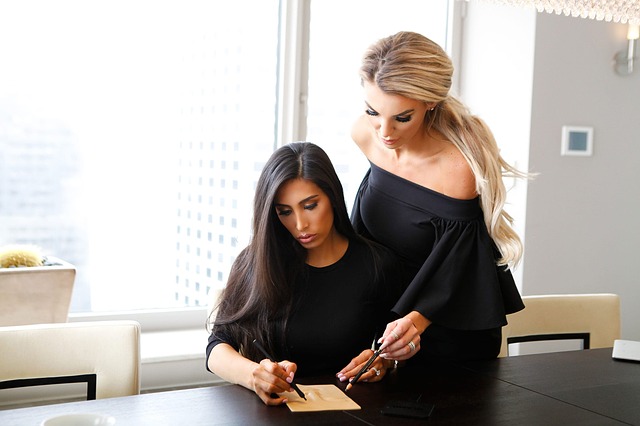When it comes to finances everybody has advice to give and everybody thinks they are an expert. But the truth is when most people give advice they are talking about what they know from their own personal experiences and those experiences, while very relevant to them, might not be at all pertinent to your specific situation. So while it is important to listen and ask questions, particularly from people whose opinions and judgement you value, at the end of the day you need to make the decision that is best for you. Here are a few things to consider when making big financial decisions.
Think about debt
Conventional wisdom says that it is bad to get into debt. On the surface it is pretty hard to disagree with that, but from time-to-time there are instances where it is okay. Sometimes it is less about debt and more about cash flow. In other words, if you are due to receive a sum of money, maybe it’s an inheritance or an investment that is due to mature at a specific date in the near future, then it could be okay to borrow against that. These days, online loans are easy to come by and if you know that the debt will be short term and that you can definitely repay it, then go for it – why not? You can use Swoosh for this purpose.

New cars
Again the advice that is generally given is to avoid buying brand new cars. Quite simply the second they leave the showroom floor their value plummets and you own an asset that is worth less each day. But new cars do offer things that second-hand ones don’t, and that is peace of mind and service plans. One thing you know for sure with a new car is that it hasn’t been driven by anyone else and it has never been crashed. So when looking at purchasing a car ask yourself what you are paying for. If it is just the vehicle then it must be a financial decision and almost certainly a second-hand option will be best. But if you want security and peace of mind then factor that price into the equation and maybe new wheels are the way to go.
Cheapest is not always best
Cheap can be good, but when buying things like insurance policies or medical cover, make sure that you compare apples with apples. Those type of contracts tend to have a lot of small print as part of their mi and it is there for a reason, because there are all sorts of exclusions and caveats and nasty surprises which can cause havoc when you least need it. Almost inevitably the bigger the excess on an insurance policy the cheaper the policy will be. So don’t be fooled by the low price, it might not be worth it in the end.
Bank accounts
Financial people will often tell you to have one account only and to run all your monetary affairs from there. They suggest that it is the most cost effective way to operate on a day-to-day basis. And they may be right. But it does require a degree of fiscal discipline especially if you are saving for things. If you are saving for an overseas trip and the money for that holiday is in the same account as the place where you pay for food or clothes, you might find that your holiday fund is wiped out after a big night out with friends or when you saw something on sale that you just had to have. Keeping money aside in separate accounts is really not a bad idea.





